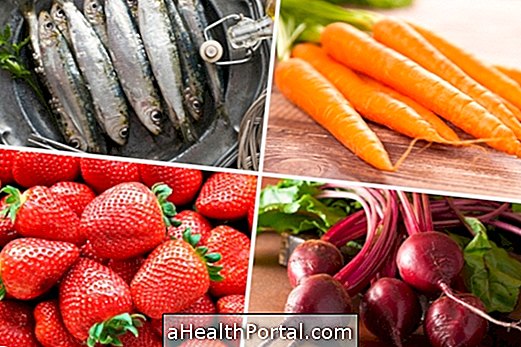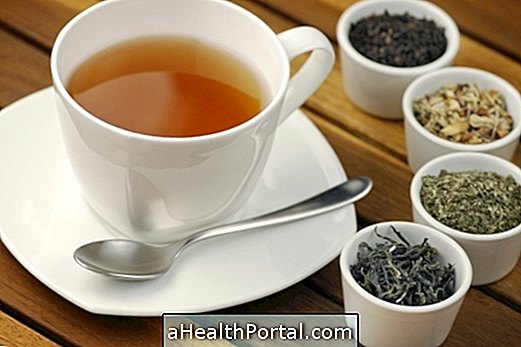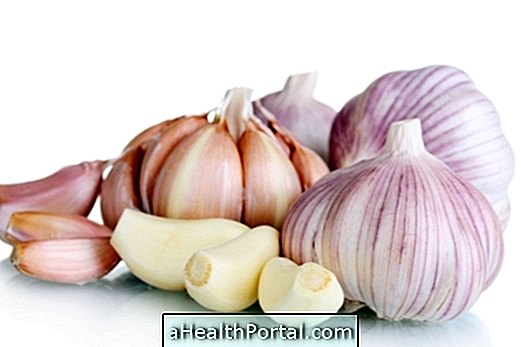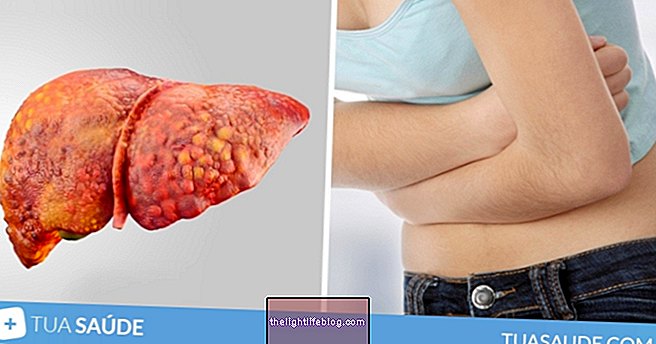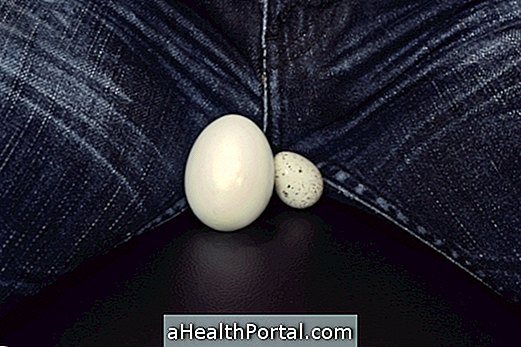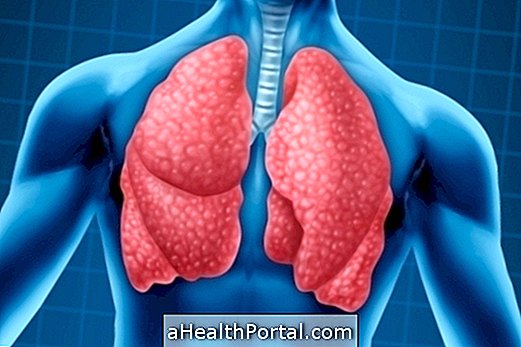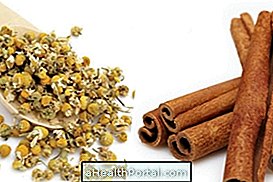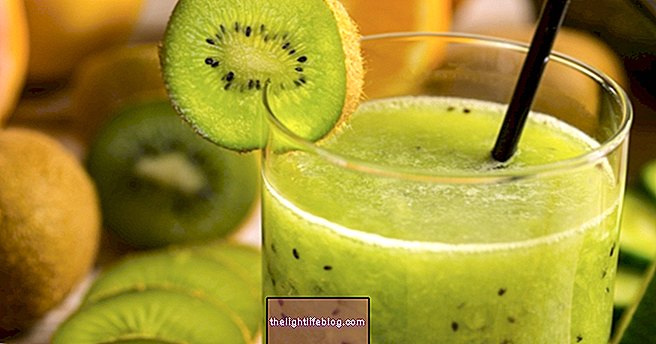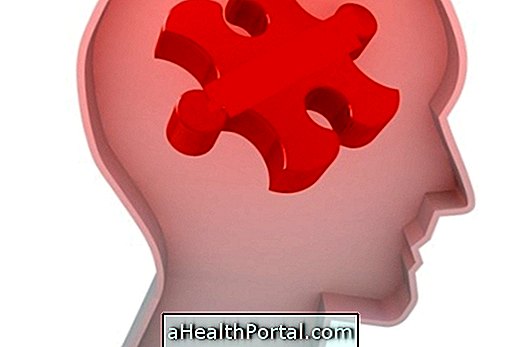Biotin, also called vitamin H, B7 or B8, plays important roles in the body as maintaining the health of the skin, hair and nervous system.
This vitamin can be found in foods such as liver, kidneys, egg yolks, whole grains and nuts, as well as being produced by the beneficial bacteria of the intestinal flora. See the table with biotin-rich foods.
Thus, adequate intake of this nutrient is important for the following functions in the body:
- Maintain energy production in cells;
- Maintain adequate protein production;
- Strengthen the nails and the root of the hair;
- Maintain health of the skin, mouth and eyes;
- Maintain the health of the nervous system;
- Improve glycemic control in cases of type 2 diabetes;
- Help absorb the other B vitamins in the intestine.

As biotin is also produced by the intestinal flora, it is important to consume fiber and drink at least 1.5 L of water per day to keep the intestine healthy and with good production of that nutrient.
Recommended quantity
The recommended amount of biotin consumption varies according to age, as shown in the following table:
| Age | Amount of Biotin per day |
| 0 to 6 months | 5 mcg |
| 7 to 12 months | 6 mcg |
| 1 to 3 years | 8 mcg |
| 4 to 8 years | 12 mcg |
| 9 to 13 years | 20 mcg |
| 14 to 18 years | 25 mcg |
| Pregnant and breastfeeding women | 35 mcg |
The use of supplements with biotin should only be done when there is deficiency of this nutrient, and should always be recommended by the doctor.
